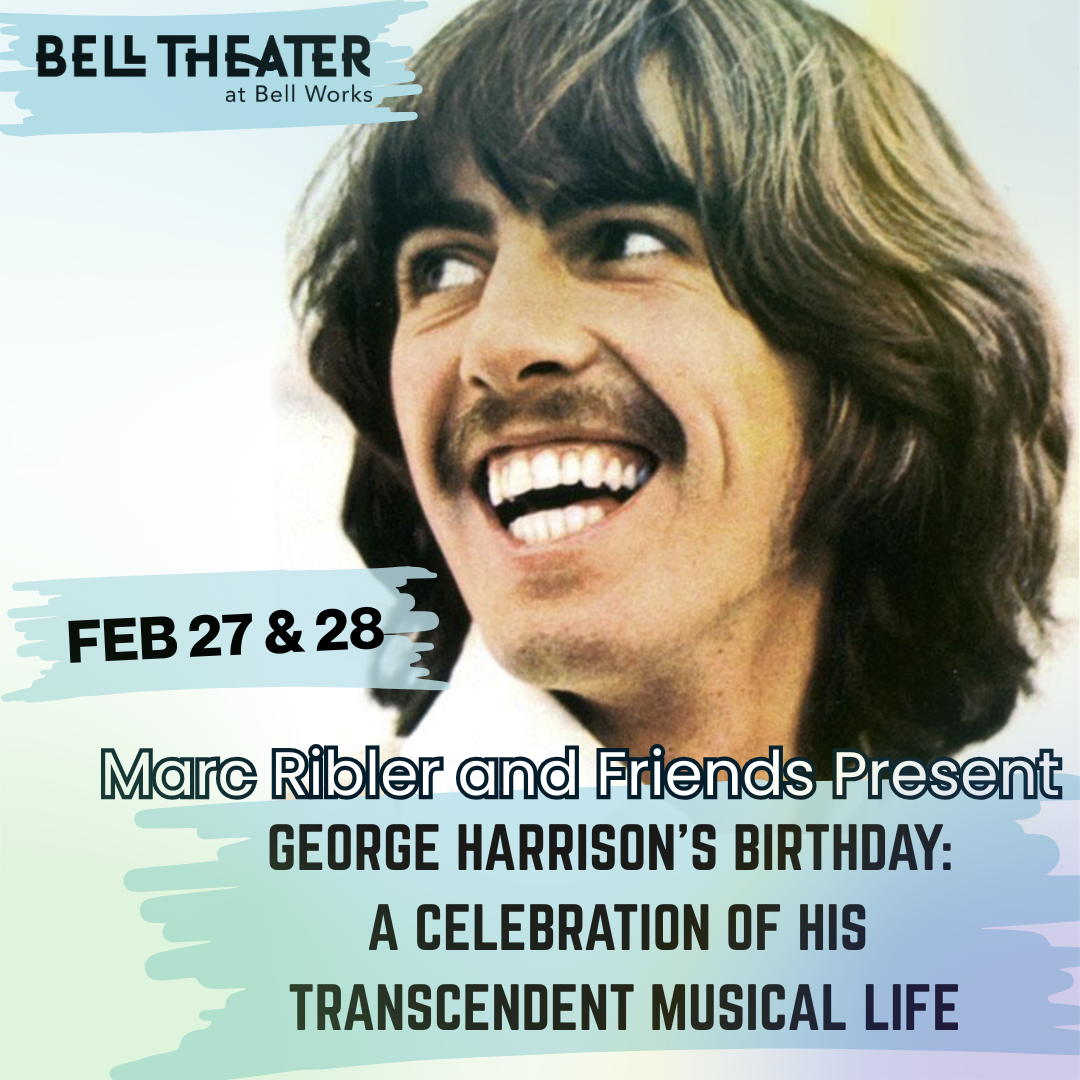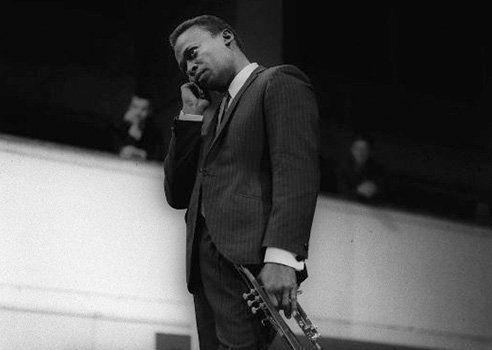By Rosemary Conte
originally published: 07/01/2018

I’ve always had difficulty memorizing song lyrics. There are many reasons why singers might have that problem. It might be fear. And the fear of forgetting lyrics becomes a mental loop; the more anxious and fearful one becomes, the greater grows the fear and anxiety. Like attracts like.
It wasn’t until I became a grandmother that I found out why I couldn’t remember song lyrics, and poems…and phone numbers…and dates.
I have a learning difference, sometimes referred to as a learning disability. It’s a neurological thing -- a novel wiring of my brain that creates problems working with numbers, visual perception, and organizing data in my brain (and files on my computer’s hard disk!) I stopped complaining about what was diagnosed as Gertsmann Syndrome when I came to appreciate that the “difference” also came with some benefits that I had taken for granted all my life; like a high level of creativity, multiple talents, and a natural ability in areas for which I had little or no academic training.
Through the years, I used the advice I’d give to my voice students -- write the lyrics until they flow from mind to paper with ease. This and other techniques didn’t solve my problem, but helped explain why I had the problem with lyrics.
Some songs tell stories with a beginning, a middle, and an ending, e.g. “The Wreck of the Edmund Fitzgerald,” by Gordon Lightfoot, that tells the story of the ship’s crew and ends with the sinking of the ship. Some songs don’t tell a story, but express a feeling, or a romantic idea in a series of verses or phrases that use different lyrics each time, as in “I Love You” by Cole Porter: “I Love You”, hums the April breeze. “I Love You,” echo the hills. “I Love You,” the golden dawn agrees, as once more she sees daffodils.”
I figured out that song lyrics I remember most easily tell a story from beginning to end, e.g. "Makin’ Whoopie," by Gus Kahn/Walter Donaldson. It’s a clever, humorous song that begins at the church wedding and moves forward in the marriage with each five-sentence phrase, then, ending in the courtroom with divorce: “Another bride….another June…another sunny honeymoon…another season…another reason, for Makin’ Whoopie.” (Jumping ahead in the story) “He doesn’t make much money, only five thousand per…some judge who thinks he’s funny, says you’ll pay six to her.”
The type song that is a bigger challenge for me, is one that doesn’t have a story line, but that describes feeling or an idea. I love to sing Adele’s hit, “To Make You Feel My Love,” by Bob Dylan. Each phrase expresses a different way the singer could prove her love. My challenge is remembering the order in which Dylan wrote those phrases.
Another one I love to sing, “The Glory of Love,” is the hit from the film “Beaches” and sung by Bette Midler. If when performing, I write the first rhyming word of each phrase on the palm of my hand, that word will prompt my recall of the entire longer phrase, ending with its rhyming partner. It’s unlikely that an audience would recognize – or care – if a singer re-arranged the order of the complete phrases, because there’s no story line; just a bit of wisdom expressed each time in a different way:
“You’ve got to give a little, take a little, and make your poor heart break a little. That’s the glory of, that’s the story of love. You’ve got to laugh a little, cry a little, until the clouds roll by a little. That’s the story of, that’s the ‘Glory of Love.’” And finally, “You’ve got to win a little, lose a little, and even have the blues a little. That’s the story of, that’s the ‘Glory of Love.’”
This may seem confusing to you. Only another person with GS, dyslexia, or dysgraphia (the inability to write coherently) can imagine the level of confusion we deal with every day…including how to use quotation marks and other punctuation!
Why does all this matter so much that I’d write about it? I know that many adults may not know they’re living with novel brain wiring that grows worse with age. They may fear they’re in early Alzheimer’s or other type of dementia.
In children, this neurological twist may exist at birth, as in my case, or be caused by brain disease or damage. (Think situations in which kids should wear helmets.) An undiscovered learning difference can impact a child’s social and intellectual development. And it might cause behavior problems in school as it might manifest as ADD/ADHD. Kids who recognize they perceive things differently don’t normally talk about it. They don’t know how. A child might think he’s dumb because he can’t recite poetry or remember a dance routine like the other kids. If detected early, a child can be guided toward those exceptional abilities that often come with different brain wiring, for example, the exceptionally high level of performance in math, music, and other areas among children on the Autism Spectrum.
FEATURED EVENTS
To narrow results by date range, categories,
or region of New Jersey
click here for our advanced search.
To narrow results by date range, categories,
or region of New Jersey
click here for our advanced search.
EVENT PREVIEWS
Carteret PAC presents Julio Iglesias Jr.
March 28 to January 16, 2026
Grunin Center for the Arts presents Cherish the Ladies on February 27th
February 27, 2026
The Landis Theater presents Legends of Woodstock - Tributes to Jimi & Janis on Friday
February 27, 2026
The Adelphi Orchestra presents Grace & Elegance
February 27-28, 2026
Marc Ribler and Friends presents George Harrison's Birthday Tribute at Bell Theater
February 27-28, 2026
The Adelphi Orchestra presents "Grace & Elegance"
February 27-28, 2026
Mnozil Brass Brings Strau$$ to Rowan's Marie Rader Series in Rare U.S. Performance
February 28, 2026
RVCC presents Bachelors of Broadway: Gentlemen of the Theatre on February 28th
February 28, 2026
Split Level Concerts presents Shannon McNally with her band; Arlan Feiles to Open
February 28, 2026
Learn about Miles Davis and the Birth of Cool Jazz at the Brick Branch of the Ocean County Library
February 28, 2026

















